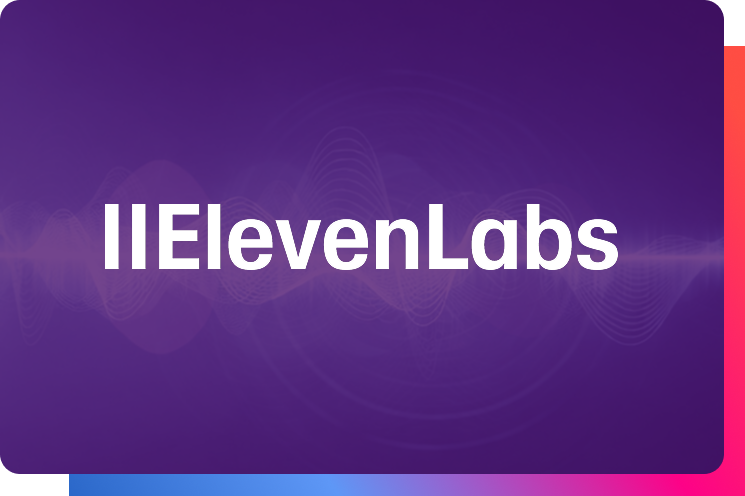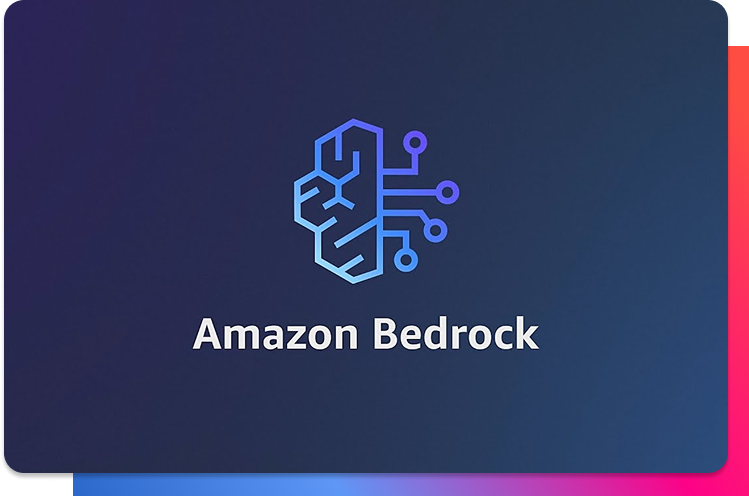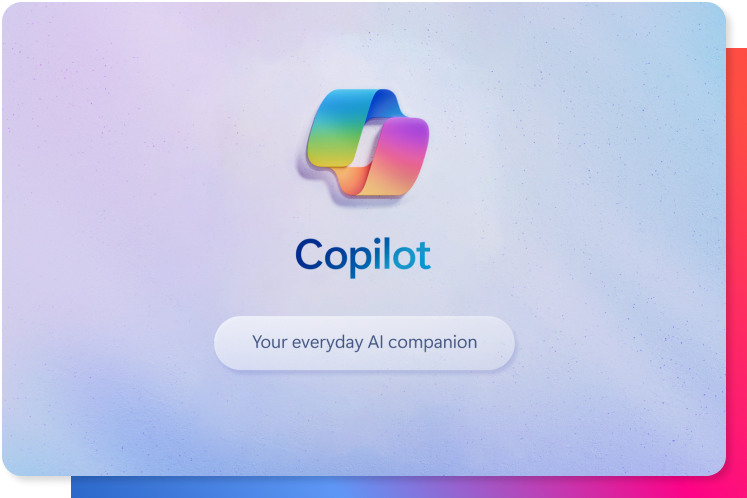In the world of artificial intelligence, terms like “bot,” “assistant,” “copilot,” and “agent” often pop up — and while they might sound similar, they’re not the same thing. Each one serves a unique purpose, with its own set of strengths and applications. For businesses, knowing what sets them apart can make all the difference in choosing the right solution. Let’s explore what these terms really mean, where they’re used, and how leading companies are leveraging them to get ahead.
Summary of differences
| Type | Key Features | Use Cases | Brand Examples |
| ChatBot | Simple, repetitive tasks | Basic customer support | Zendesk, Drift |
| Assistant | Personalization and multitasking | Daily productivity | Siri, Google Assistant |
| Copilot | Specialized and collaborative support | Development, IT | GitHub Copilot, Atom Assist |
| Agent | Autonomy and proactivity | Supply chain managmeent, Fraud managment, Customer experience | IBM Watson, OpenAI Codex |
ChatBot
A chatbot is a rule-based system designed to perform specific tasks through predefined interactions. While limited in scope, chatbots excel at handling straightforward, repetitive tasks quickly and consistently.
Key features
- Scripted responses: Operates based on decision trees or keyword recognition, limiting its interaction to pre-set scenarios.
- Task automation: Handles high-frequency, low-complexity tasks, such as order updates, appointment bookings, or basic troubleshooting.
- No cognitive intelligence: Cannot adapt beyond its programming, making it ideal for predictable workflows but unsuitable for nuanced conversations.
Use cases
- Customer service frontline: Decreases response time by addressing FAQs, leaving human agents to resolve complex issues. Example: A retail brand’s chatbot handles questions like, “What’s your return policy?” or “Is this product available in-store?”
- Lead qualification: Engages website visitors with basic questions to identify potential customers. Example: A SaaS company uses chatbots to guide users to relevant content or schedule demos.
Brand examples:
- Zendesk: Offers chatbots integrated with live chat to enhance the customer service journey.
- Drift: Focused on sales, its chatbots qualify leads and nurture prospects by sharing relevant resources.
AI Assistant
AI assistants bring intelligence to automation by understanding context, personalizing interactions, and performing a range of tasks. These systems go beyond scripted responses, leveraging AI technologies like natural language processing (NLP) and machine learning (ML).
Key features
- Context-aware responses: Understands the nuances of user input, enabling it to hold multi-turn conversations.
- Task execution: Integrates with tools like calendars, messaging apps, and enterprise systems to streamline workflows.
- Continuous learning: Learns from user behavior and feedback to improve over time.
Use cases:
- Workplace productivity: Assists with meeting scheduling, email management, and task prioritization. Example: An AI assistant integrates with a CRM to provide sales reps with client insights during calls.
- Smart home management: Controls connected devices and provides tailored updates, like reminders or weather alerts. Example: Adjusts office lighting and temperature based on daily schedules.
Brand examples:
- Amazon alexa: Beyond home automation, it integrates with enterprise solutions to assist with scheduling and voice commands in the workplace.
- Google assistant: Provides seamless integration across devices, enabling users to manage emails, appointments, and smart devices.
Copilot
A copilot functions as a collaborative partner, designed to enhance human capabilities in complex tasks. Unlike a general-purpose assistant, copilots focus on specific domains, offering expertise and proactive support.
Key features:
- Specialized knowledge: Deeply embedded in specific platforms or workflows, offering tailored guidance and support.
- Proactive assistance: Anticipates user needs by analyzing context and offering relevant suggestions or solutions.
- Workflow optimization: Reduces friction in complex processes by automating repetitive actions or summarizing key information.
Use cases:
- Software development: GitHub Copilot suggests code snippets, detects errors, and accelerates development by automating routine coding tasks.
- Enterprise decision-making: Microsoft Dynamics Copilot assists in analyzing sales data, predicting trends, and crafting targeted marketing campaigns.
Brand examples:
- GitHub Copilot: Elevates developer efficiency by providing intelligent code recommendations in real time.
- Microsoft Dynamics Copilot: Helps sales and marketing teams automate customer insights and forecast opportunities.
AI Agent
An AI agent represents the pinnacle of automation and autonomy, capable of making independent decisions and taking actions without constant human guidance. Designed for complex environments, AI agents adapt dynamically to achieve defined objectives.
Key features:
- Autonomous decision-making: Operates independently to analyze data, prioritize tasks, and execute solutions.
- Proactive engagement: Monitors systems or environments, anticipating and addressing potential issues before they escalate.
- Strategic problem-solving: Evaluates complex scenarios, identifying optimal solutions based on real-time data.
Use cases
- Supply chain management: An AI agent identifies bottlenecks in the supply chain, reroutes shipments to avoid disruptions, and ensures just-in-time inventory restocking.
- Fraud detection: A banking AI agent freezes a compromised account when it detects unauthorized access from a high-risk location.
- Customer experience: In e-commerce, an AI agent identifies a delayed shipment and proactively informs the customer while offering compensation or alternatives.
- IT automation: AI agents monitor server health, detect anomalies, and take corrective actions without human intervention.
Brand examples:
- IBM Watson AIOps: Continuously monitors IT infrastructure, predicting failures and automating responses to ensure system uptime.
- OpenAI Codex: Facilitates natural language control of software systems, enabling users to perform complex tasks with simple commands.
AI Agents for your business
What if your business had a solution that could handle repetitive tasks, make data-driven decisions, and scale effortlessly as you grow? AI Agents are more than just tools—they’re your competitive edge. Let’s work together to transform your operations.








 Español
Español